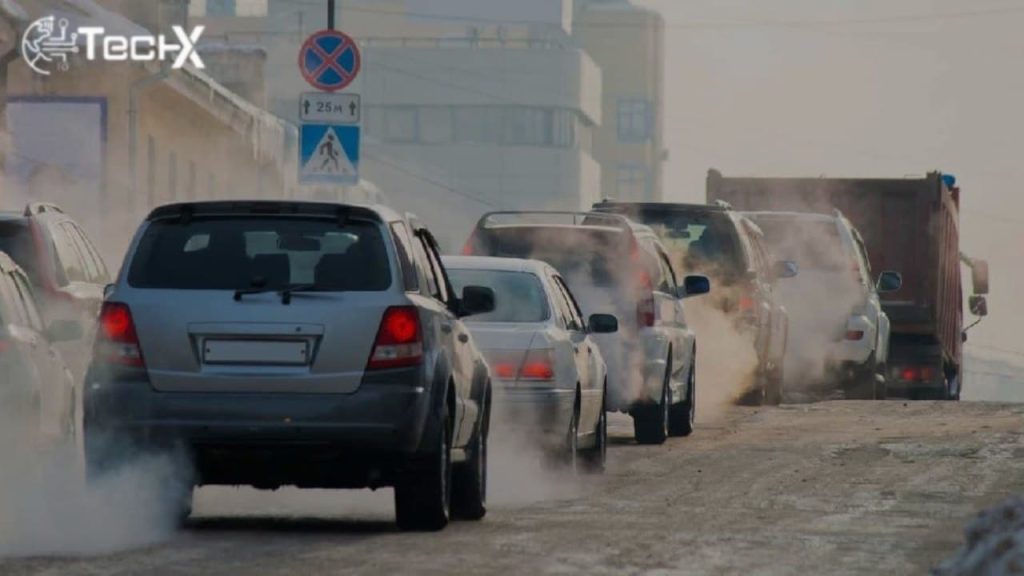Islamabad is stepping up its efforts to combat urban air pollution by accelerating its vehicle emissions testing campaign. The Islamabad Transport Authority (ITA) has expanded inspection operations across the capital, inspecting 1,935 vehicles so far, with plans to extend the campaign further citywide. Most vehicles passed the test, while a few received notices for emissions exceeding the prescribed limits.
Inspection Statistics & Immediate Findings
So far, 1,935 vehicles have undergone inspection at various checkpoints across Islamabad:
- 1,874 vehicles cleared the emissions test and were issued clearance stickers.
- Six vehicles exceeded the carbon monoxide limit of 6% and were issued formal warnings to rectify issues.
- Within the last 24 hours alone, 213 vehicles were tested: 209 passed, and four received warnings.
These clearance stickers serve as visible proof of compliance, enabling traffic enforcement teams to quickly identify vehicles that meet emission standards.
Ambitious Plan to Expand Citywide
Chairman Irfan Nawaz Memon announced that the initiative will now cover all areas of Islamabad. While the first phase focused on government vehicles, the second phase now includes private citizen cars. In the upcoming phase, non-compliant vehicles face stricter penalties, including fines and possible impoundment.
Testing facilities have been set up at key entry and exit points, major roads, and high-traffic commercial areas. Mobile inspection units are also making surprise visits in densely populated neighborhoods and business districts.
Collaborative Effort Across Agencies
The emission campaign is being carried out in cooperation with:
- Islamabad Traffic Police, for enforcement and coordination
- Environment Protection Agency (EPA), providing technical oversight
This collaboration ensures checks are accurate, transparent, and consistent across locations.
Public Awareness & Community Engagement
Recognizing that public support is crucial, authorities are launching an awareness campaign to educate vehicle owners on emission standards and environmental health. Efforts include:
- Distribution of pamphlets in neighborhoods and at inspection sites
- Social media messages to reach younger citizens
- Radio announcements to reinforce the health implications of vehicle pollution
Memon stressed that reducing air pollution requires collective responsibility and voluntary participation from Islamabad residents.
Why This Matters: Health & Environmental Impact
Vehicle emissions, particularly from older and poorly maintained cars, are a major source of urban air pollution. Carbon monoxide, nitrogen oxides, and particulate matter contribute to respiratory illnesses, heart disease, and environmental degradation.
By making regular emission testing mandatory and visible, the ITA aims to:
- Reduce harmful pollutants at the source
- Improve air quality over time
- Promote a culture of regular vehicle maintenance
- Set a precedent for other cities in Pakistan to follow
Looking Ahead: Enforcement & Long-Term Vision
The ITA has signaled that future phases will involve active enforcement:
- Vehicles without clearance stickers may be fined or impounded
- Data tracking systems will monitor compliance rates across neighborhoods
- Periodic mobile inspections will continue in commercial hubs and busier zones
Officials anticipate that if upheld, this initiative could transform Islamabad into a model city for emission control in Pakistan. It also sets a foundation for expanding similar systems across other provinces, helping to safeguard public health through cleaner air.
Conclusion
Islamabad’s expanded vehicle emission testing drive represents a critical step forward in environmental governance. With nearly 2,000 vehicles checked and proactive public engagement strategies underway, the city is clearly signaling zero tolerance for vehicular pollution. As enforcement tightens and awareness grows, this effort holds the promise of creating a healthier, more livable capital.



Comments (0)
No comments yet. Be the first to comment!
Leave a Comment